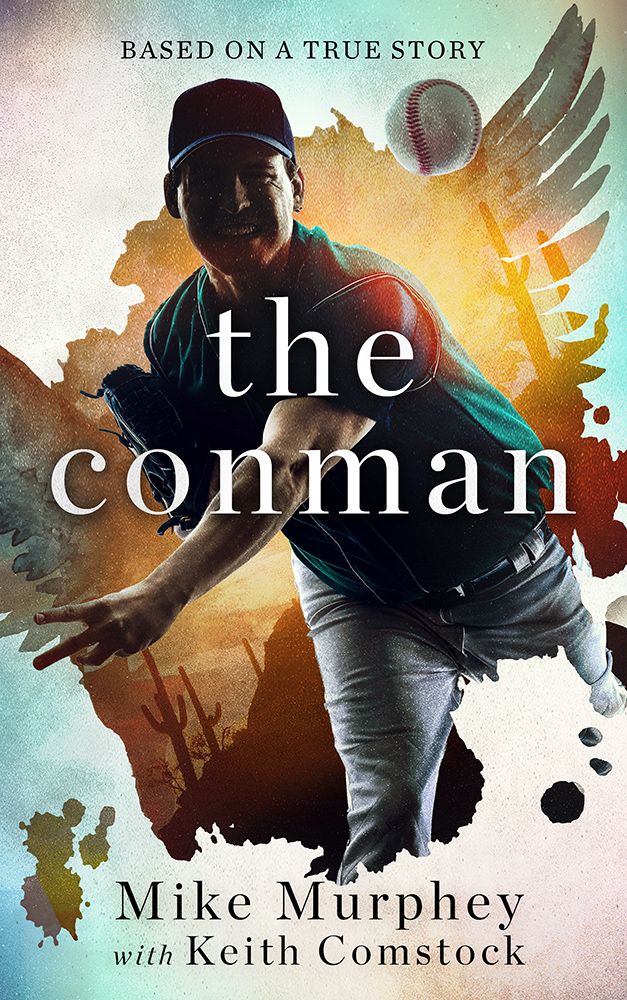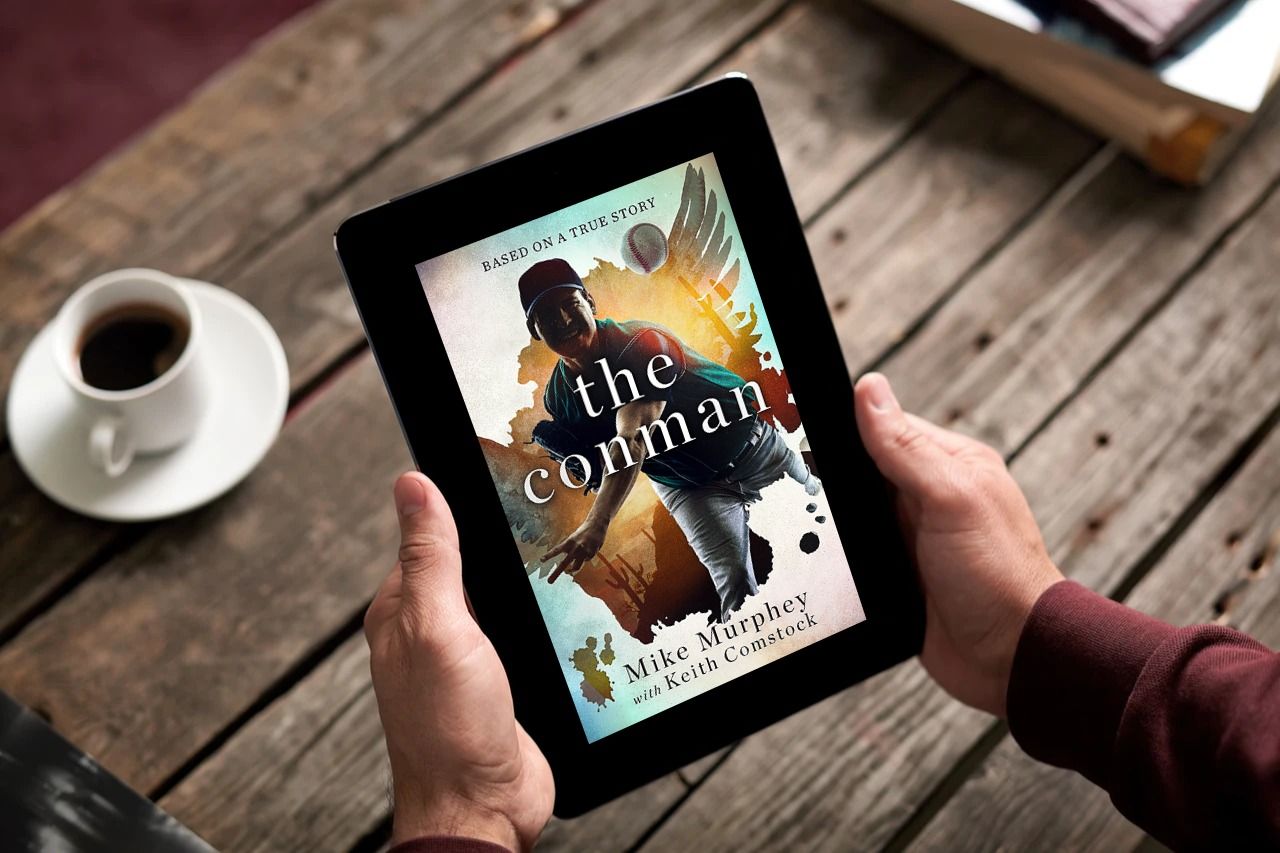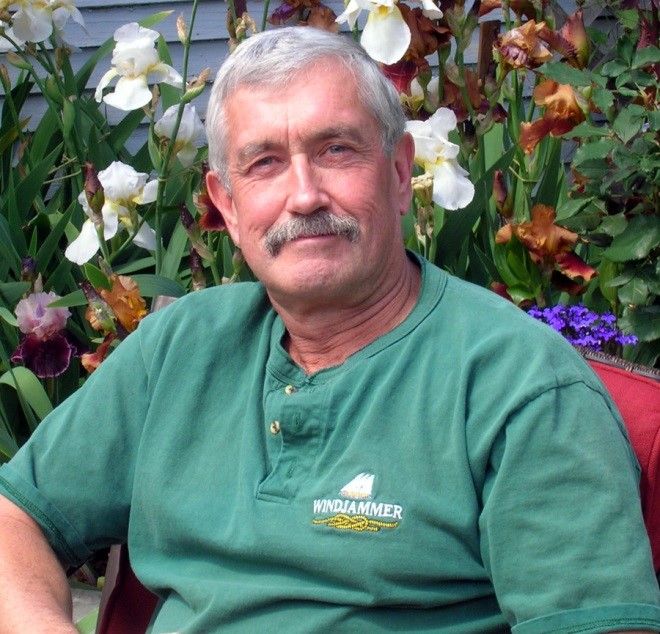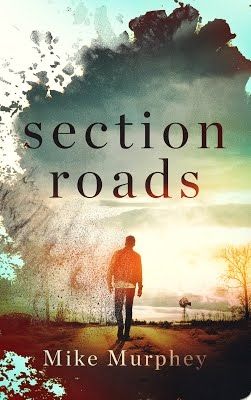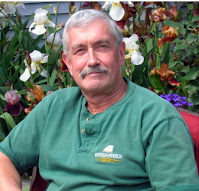Tag Archives: Mike Murphey
Taking Time Teaser
Comments Off on Taking Time Teaser
Filed under BOOKS
The Conman Tour
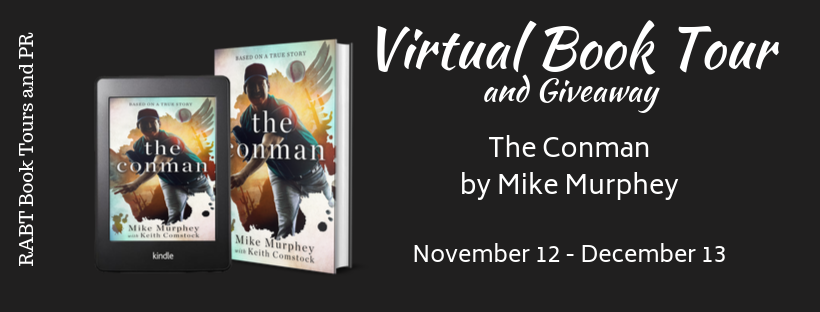
EXCERPT
Scottsdale, Arizona
Spring Training 1983
“First thing I want to make clear,” Jocketty told Conor, “is how much we respect the effort you’ve given us. Everybody in the organization, Bob Didier, Fred Tuttle, hell, even Billy, says you’re a good man with talent.”
Conor’s knees felt a little wobbly. Jocketty’s statement sounded like a preamble to release if Conor had ever heard one.
“It’s not that we don’t want you, because we do. It’s a matter of space. Since Charlie sold the club we’ve been doing a better job of stocking the minors. We have a lot of hot young lefties at A ball who’ll be knocking on the double-A door pretty quick this season. And at the same time, you’re bumping up against some real good lefthanders above you.”
If they kept Conor at this point, Jocketty explained, a mid-season release was probably inevitable.
“So…
So, Conor picked up the thread mentally, you’re releasing me now with a few days left in Spring Training when everyone else’s rosters are set and there’s no way I’ll find a job?
“… we sold you to Detroit.”
“Um … say what?”
“We sold you to Detroit. A guy over there is a friend of mine, and we talked yesterday.”
The Detroit guy told Jocketty Detroit had a slew of young pitchers at Double-A Birmingham and they needed a mature left-hander to solidify that group.
“I told him I knew just the guy. So, we sold you to Detroit.”
“Sold me? How much did you get for me?”
“A hundred dollars.” Then he added quickly, “That’s no reflection on you. It’s the standard price for a transaction like this.”
Conor wasn’t sure what to say. After all, they could’ve released him and been done with it. He couldn’t, however, keep his disappointment from showing.
“Hey,” Jocketty said. “You’ve still got a uniform.”
Conor stood and extended his hand. “You’re right. And I appreciate it. Everyone here has been fair. I’ve learned a lot.”
Jocketty reached to take the offered hand.
Conor turned to go.
“There’s one other thing,” Jocketty said.
“Yeah?”
“Remember Charlie’s orange baseballs?”
Conor did remember. The season before Conor signed with Oakland, Finley had tried to convince other Major League owners that baseballs should be orange. He’d argued that fans could see them better and would find the game easier to follow. So, he’d had all these orange baseballs made, and the A’s were stuck with thousands of them.
“We thought we’d never get rid of ‘em. Turns out, though, now everybody wants some of Finley’s orange baseballs as collector’s items.”
“Okay …” Conor said.
“So, my friend wants a dozen. It’s part of the deal.”
“A hundred dollars and a dozen orange baseballs?”
“Yeah, and I’ve got ‘em right here. Would you mind delivering them when you get to Florida?”
* * *
“They sold you?” Kate’s eyes glistened a little. Pregnant again and caring for an infant, Conor sensed that things were beginning to pile up for his wife.
“Yeah.”
“Didn’t the Civil War resolve all that?”
“Not for baseball.”
“Do we get any of the money?”
“No”
“Was it a lot?”
“No.”
“You don’t want to tell me, do you?”
“A hundred dollars and a dozen baseballs.”
Her eyes glistened a little more.
Not once had Kate hinted he should quit. She genuinely loved baseball. True, they were always broke. They lived winters with their parents. They pieced together off-season jobs to achieve any semblance of financial solvency. She seldom complained, though, rarely gave any indication she didn’t love this life they shared. But Conor sensed she was on the edge this time.
“I’ve still got a uniform,” he said.
Kate took a deep breath, blinked and found a smile. “Yes. Yes, you do. So where are we going?”
“I’m going to Florida and finish Spring Training. You’ll be meeting me in Birmingham.”
“Alabama?”
“That’s the one.”
Comments Off on The Conman Tour
Filed under BOOKS
The Conman Blitz
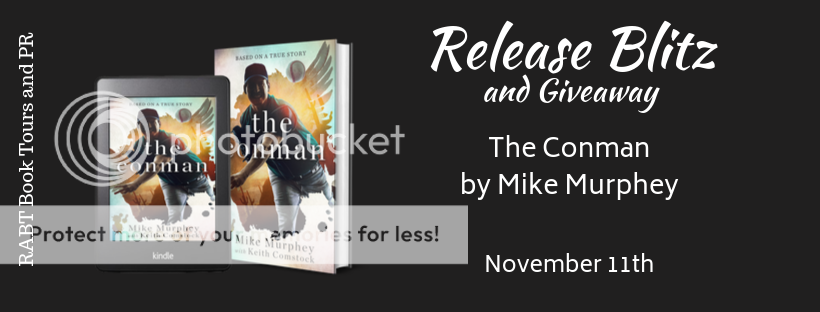
Filed under BOOKS
The ConMan – Reveal
Filed under BOOKS
Section Roads – Book Tour

of Age / Mystery / Humor
Published: June 8, 2019
Acorn Publishing
attorney Cullen Molloy attends his fortieth high school reunion, he doesn’t
expect to be defending childhood friends against charges of murder…
a small town on the high plains of Eastern New Mexico, life and culture are
shaped by the farm roads defining the 640-acre sections of land homesteaders
claimed at the turn of the Twentieth Century. Cullen and Shelby Blaine explore
first love along these section roads during the 1960’s, forging a life-long
emotional bond.
and Shelby fall under the protection of football player and loner, Buddy Boyd.
During their sophomore year of high school, Buddy is charged with killing a
classmate and is confined to a youth correctional facility. When he returns to
town facing the prospect of imprisonment as an adult, Cullen becomes Buddy’s
protector.
adulthood, and it isn’t until their fortieth reunion, that they’re forced to
revisit that horrible night. When a new killing takes place, Cullen, Shelby and
Buddy find themselves reliving the nightmare.
old country section roads.
Praise
ambitious, evocative small-town tale located somewhere between Peyton Place and
The Last Picture Show.” –Kirkus Review
the Full Review
EXCERPT
July 2009 Friday
“I’ll ride with Buddy,” Shelby whispered. “Do you mind? It’ll give us a chance to talk.”
“No, I think that’s a good idea.” Cullen lifted his eyebrows, which Shelby dismissed with a wave.
Buddy stood a little apart from them at the Enterprise counter. They’d been through the greeting rituals. A hug for Shelby, which she returned with a kiss to his cheek. A polite, interested handshake with Lori.
Cullen and Lori left them and began an hour-long drive through the agricultural blight of West Texas.
“So, what’s the deal with Buddy?” Lori asked. “I know you worked together a long time ago, but you really haven’t talked much about him.”
They drove along a paved road—an impossibly straight line heading north. Deep green alfalfa fields alternated with stubby rows of cotton and weedy, untilled soil bank every few miles forming a pattern replicating itself off into a horizontal infinity. Heat waves shimmered along the pavement. From the soil bank, dust and debris climbed columns of rising, swirling air.
At the age of five, Cullen came to believe these thermal dust devils were pathways for souls fleeing to heaven. He believed this because on the summer day his grandmother was buried at a rural cemetery with brown grass and a few gnarled, wind-battered elms, one of these dust devils sprang from an uncultivated field across the road and as it grew—sucking dirt and paper and tumbleweeds along—passed over the mounded red earth marking the new grave. A spurt of dust leaped from the mound, painting a segment of the great undulating pillar a pale rosy shade. This pink apparition climbed as the thermal moved across the cemetery, finally disappearing into a hot, whitish-blue, eastern New Mexico sky.
Dust devils always made Cullen think of the people he loved who were no longer alive. His mother and father rested with his grandmother at that same cemetery.
Cullen had a ready description when his friends asked him about his home town. Arthur, New Mexico, along with hardscrabble oil patch towns like Hobbs, Artesia, Midland and Odessa, was located on a high plane called Llano Estacado which, Cullen originally speculated, was Spanish for something like really windy dry flat place.
Occupying Eastern New Mexico and Northwest Texas, the region is characterized by hot blustery summers and even colder blustery winters. The wet part of the Llano received barely twenty inches of rain during a good year. “Arthur,” Cullen would note, “is in the dry part.”
Bleak as they might be, the Hobbses, Odessas and Artesias of the world were at least plopped down atop semi-vast underground puddles of oil. Not Arthur. Not a drop. If tumbleweeds had been a cash crop, though, the homesteaders would have prospered.
Arthur and Arthur County were named for Chester A. Arthur, America’s twenty-first president. Researching a junior high school history assignment, the most compelling facts Cullen found about him were that Arthur was America’s fifth fattest president and owned eighty pairs of pants.
The community of eight thousand—at an elevation of four thousand feet above sea level—had nothing geographical, like a river or a canyon or an oasis, to warrant its location.
Arthur just was.
The flat monotony spread in every direction. “Given a clear day,” Cullen was fond of saying, “you could climb a six-foot stepladder and see the earth curve.”
He often puzzled over the pioneers’ judgment. Certainly, more attractive locations waited further west. He supposed the settlers might have been tired and stopped to rest, thinking they would wait for a good rain to replenish their water supplies before they moved on. And when the livestock had all died of thirst, they were stuck.
Still, despite this hardship, there grew a civilization defined geographically by dirt roads that formed the borders of all those perfectly square six hundred and forty-acre sections of land claimed by early twentieth century homesteaders.
As Cullen composed his answer to Lori’s query about Buddy, he thought of those section roads, and all the ways straight lines and straight laces had twisted the paths of this small group of friends.
“I told you about Christy Hammond, didn’t I?” Cullen answered. “The girl who was shot to death our sophomore year?”
Lori gave a little gasp. “That was Buddy? Oh, no. And he went to jail?”
“Juvenile detention. He pled guilty to manslaughter. They kept him until his eighteenth birthday. They took him away in November of 1966. He came back May of 1969.”
“At least he got to come back.”
Cullen gave a rueful laugh and shook his head.
“No, that was part of the punishment. A lot of people thought he should have been charged with murder. They thought he should have been sent away for life. When the judge didn’t agree, half the town was furious at the injustice of it all. Christy’s uncle is a lawyer. He convinced juvenile court authorities to make Buddy finish high school here as a condition of his release.”
“But why would they—”
“It was their last shot at punishing him,” Cullen said. “They had a few weeks to give him hell when they knew he couldn’t fight back.”
the Author
Murphey is a native of eastern New Mexico and spent almost thirty years as an
award-winning newspaper journalist in the Southwest and Pacific Northwest.
Following his retirement from the newspaper business, he and his wife Nancy
entered in a seventeen-year partnership with the late Dave Henderson, all-star
centerfielder for the Oakland Athletics, Boston Red Sox and Seattle Mariners.
Their company produces the A’s and Mariners adult baseball Fantasy Camps. They
also have a partnership with the Roy Hobbs adult baseball organization in Fort
Myers, Florida. They love baseball, fiction, cats and sailing. They split their
time between Spokane, Washington, and Phoenix, Arizona. Mike enjoys life as a
writer and old-man baseball player.
Links
Links
Filed under BOOKS


